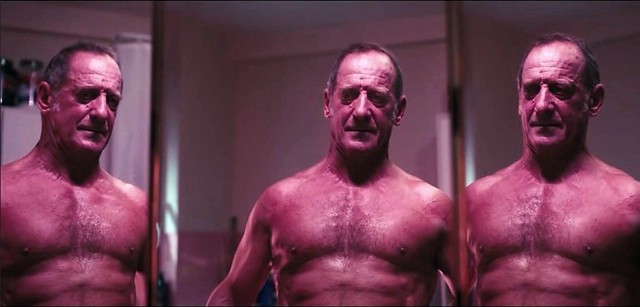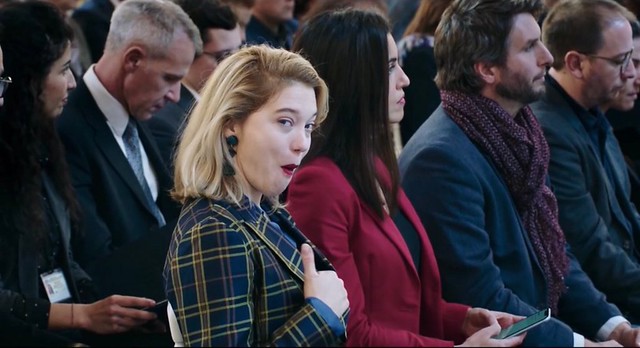The pandemic continues with no end in sight. Had some health issues and some family emergencies to take care of. And I am just grateful that there was cinema and a lot of it. Yes I miss going to the cinema. But even though the experience was just streaming and viewing at home, I had to make do. Viewing a film is a lonely experience anyway; together alone, but always comforting.
2021 was a good year for cinema lovers, partly because of many films that didn't come out last year because of Covid 19, has seen the release this year. Hence directors with two films represented on the list. I was privileged to watch many outstanding films.
I missed some I really wanted to see - Un Gran Movimiento and The Worst Person in the World, just to name a few, but because of sheer numbers of the films that came out this year, I feel more at ease of not catchimg them them until next year. Time is not as relevent as before these days. Que Será Será, whatever will be will be...
*Click on the title for full reviews
1.
Memoria - Weerasetakul
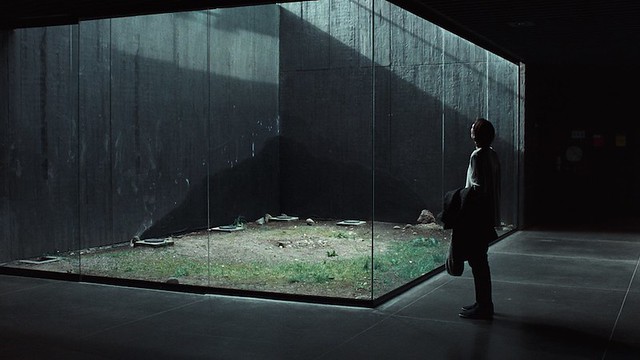
The remnants of the violent past have always been present in Weerasethakul's work, as the titular character in Uncle Boonmee talked about killing communists in his days in the army or soldiers waging war in their sleep in Cemetery of Splendour, to just name a few. With Memoria, he is mapping the ripples of violence more explicitly through sound and shows the universality of past trauma. In this way, the film is not all that different than what he always has shown in his films.
2.
Atlantis - Vasyanovych

The visual symmetry in wide ratio shot Atlantis is awe-inspiring. The industrial landscapes and machinery, as well as decay of abandoned houses (think of decay porn of Detroit, but doubling here as the war aftermath) have common with Ed Burtynsky's photographic documentations of the late stages of capitalist society - Manufactured Landscapes (2006), Anthroposcene (2018) and other documentaries that focuses on ecological devastation and human footprints on earth. Charting the country's recent history with human elements, Vasyanovych also finds common spirits with Jia Zhangke, the master chronicler of China and its people.
3.
Drive My Car - Hamaguchi
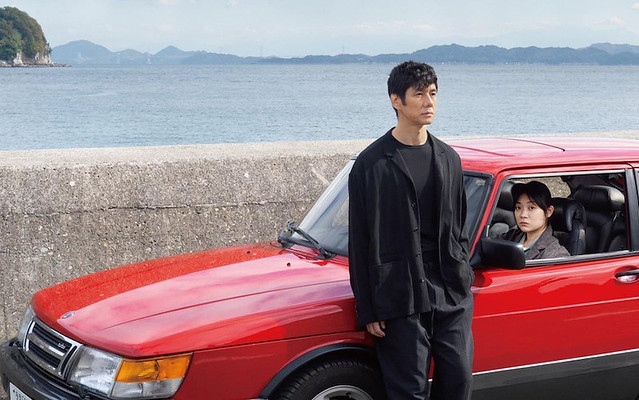
Hamaguchi Ryusuke's new film, Drive My Car, based on a short story by famed Japanese author Murakami Haruki, from the collections Men Without Women, is a skillfully adapted and directed tale of human connection and redemption. The film more than justifies its three-hour running time, by developing relationship among its characters and audiences in a natural, unhurried pace. I can't think of any contemporary directors who have this much care and patience in creating illuminating characters like Hamaguchi.
4.
The Souvenir Part II - Hogg
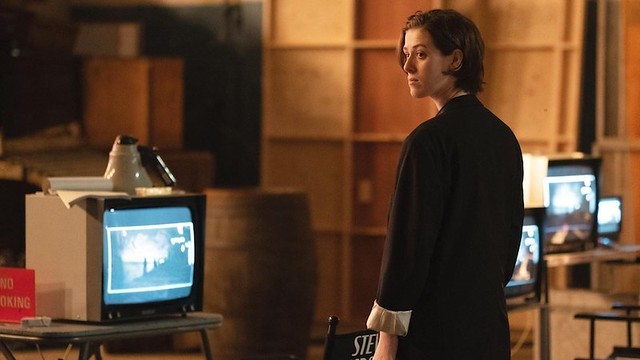
A long, fantastical sequence of Julie's thesis film hilariously highlights how an artist sees her creations and how she remembers her experiences versus reality of what happened. The Fellini-esque sequence and out of body experience portrayed in Julie's film has nothing in common with how we perceived her relationship with Anthony in somber The Souvenir, at least in its visual presentation. But it strikes the cord on an emotional level- his death and her heart being shattered to millions of pieces remain true. All the people we encounter, those little memorable moments we pick up throughout life shape us who we are. The Souvenir: Part 2 is a celebration of that achievement. It's a marvelously inventive, self-effacing film that is also immensely affecting and moving.
5.
Felkészülés meghatározatlan ideig tartó együttlétre - Hovát
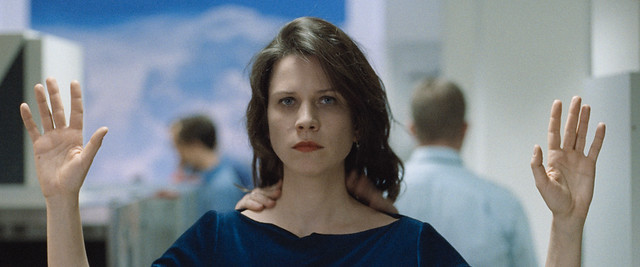
The delicious juxtaposition of being a brilliant neurosurgeon where she can diagnose and eliminate illness of the brain which affects both body & mind and letting the whim of her own heart set the course for the unknown is ahem, what's at the heart of the film.
6.
Verdens verste menneske - Trier
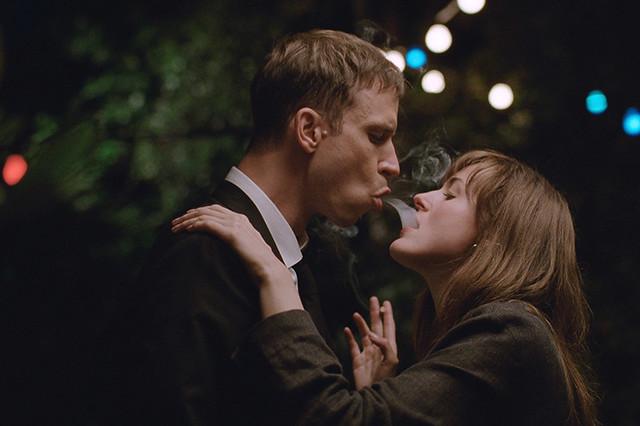
Layered and richly textured in presenting and contrasting the object oriented Gen-Xers and the Millennials who grew up plugged into the internet and social network - tangible vs. intangible, nostalgia vs. impending doom, the film speaks volumes on modern life and its seeming purposelessness. When it's all said and done, what remains is our relationship with each other, the love we have for one another. Not my swanky vinyl collection nor books on my bookshelf nor how many times I watched Dog Day Afternoon, nor a clever article I once wrote online.
7.
Exterminate All the Brutes - Peck

Raoul Peck's 4-hour essay film on the western colonization of the world and preordained (by the conquerors) white supremacy is a vast and pointed lecture of human history you do not want to miss. Using every cinematic tool there is for documentary- reenactment, animation, voice-overs, archival footage, the esteemed filmmaker gives an scathing view of Western civilization and manifest destiny built upon the blood and tears of the rest of the world. Peck injects his family history and what he has witnessed growing up make this lecture distinctly personal (with his own raspy voiceover throughout), therefore universal and it really pays off.
8.
Procession - Greene

There's a lot to be said about the hypocrisy of being 'men of god' and those in power in these pedophile priest cases. It was the sense of powerlessness as a young boy many victims felt that led to much undeserved self-blame and shame. By writing their own scenario and directing their own reenactments, Greene recognizes the power shift that can be beneficial and even cathartic for those who are participating. And a lot of catharses and breakthroughs happen before your eyes in Procession.
9.
Faya Dayi - Beshir

Could an anthropological study of the effects of khat, a flowering plant that has euphoric property when chewed, in Hararar, the walled city in Ethiopia, also be a stunning art film? Mexican-Ethiopian director Jessica Beshir proves that it can, with Faya Dayi, her mesmeric, immersive patchwork, shot mostly in silvery black & white. In here, every one of its hazy frame is a work of art. The film is visualized version of the phrase of a mystical sage or a lofty philosopher - Life is nothing but a waking dream.
10.
Petite Maman - Sciamma
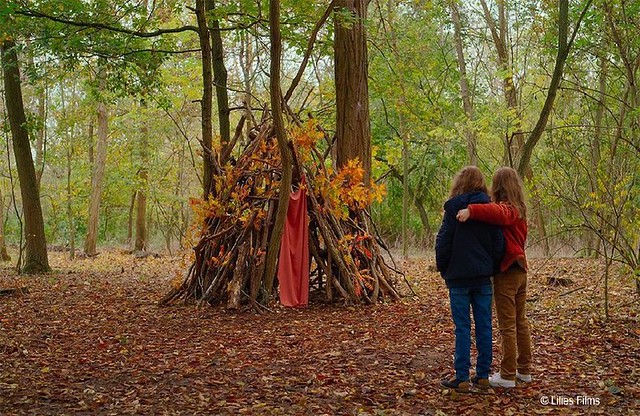
You wouldn't have expected Céline Sciamma doing a miniscule scale project like Petite Maman after riding high on the international success of The Portrait of a Lady on Fire. But without big stars or a grand production, she is back to what she does best, directing an intimate story of growing up and getting unbelievable performances out of young actors. Clocking at astonishingly short 72 precise minutes, Petite Maman is a marvel of a movie in its storytelling, execution and acting. Sciamma is proving herself to be, once again, one of the best directors working today.
11.
Spencer - Larrain
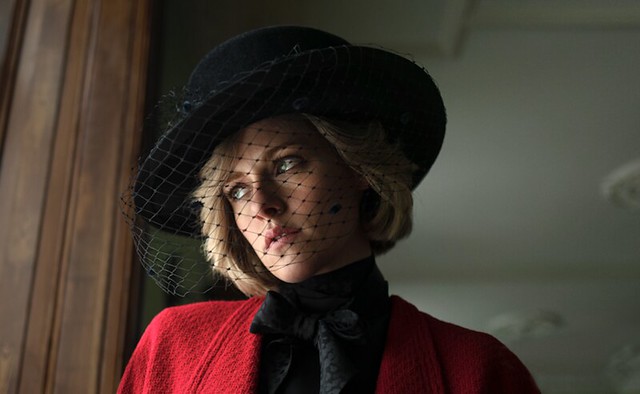
Larrain, a good tactician he is, knows how to go about tackling the subject who is so well known and overly exposed. Like in Jackie, it's all about contrasts and in all the small things. A trapped woman, like Jackie O in the room full of dark suited men after the assassination of her husband, her bruised leg, trying on various clothes. Casting has to be right. Portman was perfect for that measured, educated woman from a well to do upbringing. In Spencer, thanks to Stewart, there's a sense of abandon - sweet yet scarred with the hint of rebellion still left in her. Larrain understands exactly what more can be said about in these world famous tragic women. It's their humanity.
12.
What Do we See When We Look at the Sky - Koberidze

The film is about training our gaze on ordinary things. There are so much violence and hate in the world, why don't we focus on the beauty and wonder of our daily lives, the omniscient narrator seems to suggest. Gentle, joyous, and beguiling, What Do We See When We Look at the Sky? floats like a calm river over you and makes you forget about the ugliness of the outside world for a short while and embrace the power of cinema in revealing the beauty of everyday life.
13.
Wheel of Fortune and Fantasy - Hamaguchi

We all have regrets and wish for do-overs sometimes, Hamaguchi exercises these second chances and fantasies in intimate human stories in Wheel of Fortune and Fantasy. It's funny and touching and very well acted. Maybe it's the Covid time thing, but there is a pleasure seeing characters just talking to each other at length in Hamaguchi's delicately written dialog. It's one of those films you want to see it again immediately after finishing it.
14.
Ema - Larrain
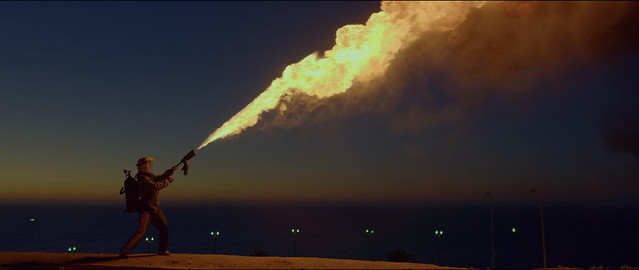
Energetic with fuck-all attitude, Ema is a new breed of filmmaking that signals the arrival of the next generation who are more empowered and care-free, as if saying "whether we like it or not, the future is ours." I tend to agree.
15.
Titane - Ducornau
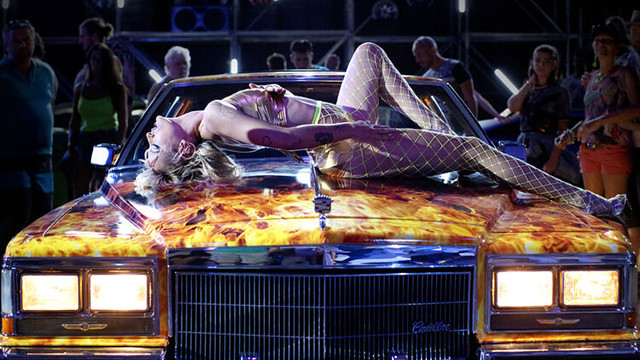
How do you describe Titane, Julia Ducournau's Palme d'Or winner, a follow up to sensational debut, Raw? A Cronenberged feminist fever dream? A J.G. Ballardian vision of the future? A sexed up version of Electra Complex with Twelfth Night thrown in? Remove all the glitzy exterior and many cringe worthy moments from it, Titane is a sweet father-daughter story. But it is how it is told. And it is told with gusto. Ducournau has an agenda to fulfill, to bring down the patriachy to its knee in the most shocking way while rubbing male gazing sexism in its face. And it is glorious.
16.
This is Not a Burial, It's a Resurrection - Mosese
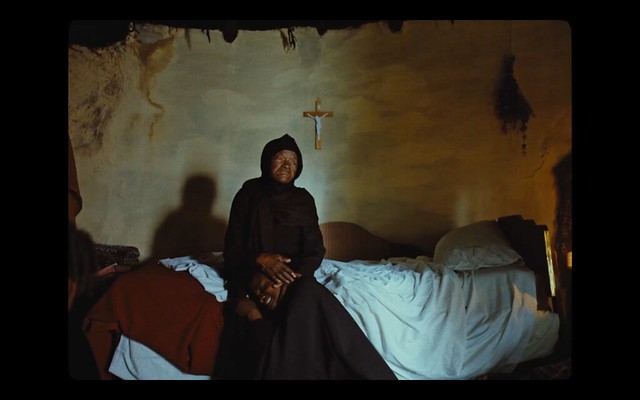
It's Marytwala Mhlongo's weathered old face that speaks thousand words here. Her dignified stand in her forever black mourning dress stands out like a sore thumb in the frame mostly populated by giant Lesotho sky. Nature, however beautiful, doesn't let you forget that human are insignificant in Mosese's expressive framing. There are so many memorable scenes but Mantoa dancing in her best dress dancing with the dead - shot in close handheld camera, and women in black choir singing at Mantoa’s son’s funeral, stand out for me.
17.
The Tsugua Diaries - Fazendeiro, Gomes

Wryly reflecting the nature of 'expect the unexpected' in both life and filmmaking, Fazendeiro and Gomes create a delightful little summer movie that is cinematically inventive while reflecting the state of the worldwide pandemic and its effect on filmmaking. The Tsugua Diaries is a perfect antidote of a movie in our trying times.
18.
Short Vacation - Kwon, Seo

How do you capture the end of the world on a photograph - is the question that hangs over the heads of four middle school freshman girls in Short Vacation.They can't phathom the idea of the end of the world or how to capture it. Siyeon has an idea- Shinchang is a place at the end of the 1 train line. They should go there and take pictures. In their little minds, it's the end of the line, the semi-official boundary of the world they know. Beyond that is unknown. This sets out the road movie, Short Vacation: a movie full of wonders and possibilities. It's a rare glimps of what it's like to be 14 years old, feeling for the first time that the world is large and vast.
19.
Flee - Rasmussen

There are many touching moments, but I teared up when young Amin asks the attending doctor in Copenhagen if he could get a medicine to cure his attraction to men. Coming out as gay to his supposedly conservative Afghan family later on is another tender, heartbreaking scene that really struck me.
20.
Candyman - DaCosta
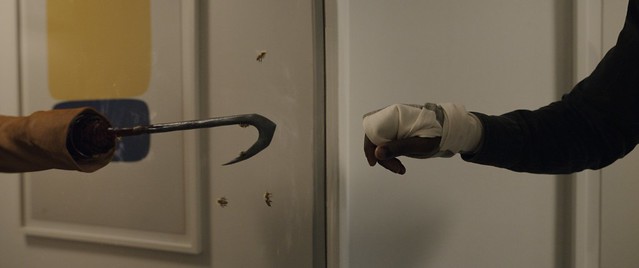
Nia DaCosta's Candyman pays a great deal of tribute to Bernard Rose's 1992 cult classic and builds upon it for the BLM era with much more agency. She and co-writer/producer Jordan Peele acknowledge the progresses the African Americans have made in the US over decades but also remind us that we still live in a white society and it is important not to forget the past.
21.
Bergman Island - Hansen-Løve

We all process our surroundings differently and express ourselves in unique ways. Contrasting oneself to others might be one way. Perhaps Bergman Island is Hansen-Løve's most personal film to date, showing her incongruities and subtle ways towards filmmaking.
22.
All Light, Everywhere - Anthony

The future technology that the film presents is here already - face recognition, the prevalent of police bodycam and CCTV is part of our modern life. The question is how much we could live with it in a so-called democratic society. And who is most affected by this invasion of privacy? Always mindful about racist American history, Anthony connects the dots to expose the uneasy relationship among technology, commerce, race and power dynamics of the eyes of the beholder. And it's a fascinating one.
23.
Zinder - Macky
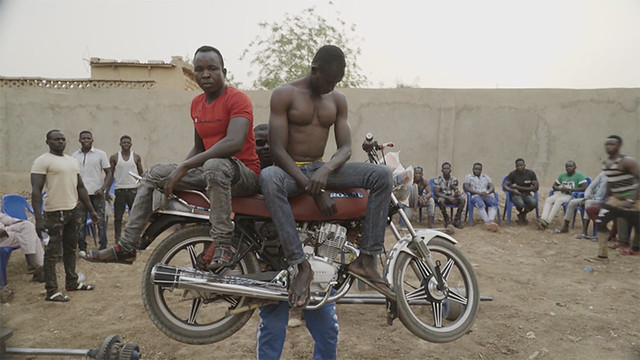
Director Aicha Macky is from there. And she gets an unprecedented access to the inhabitants of Kara Kara, the city's most dangerous slum. She interviews former members of palais, the youth gangs, and examine how poverty and unemployment perpetuate the unending macho culture.
24.
In Front of Your Face - Hong
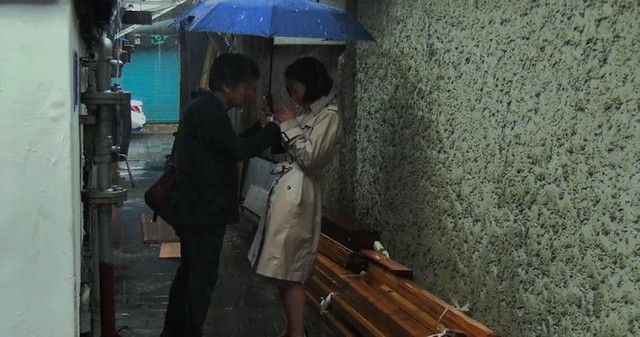
In Front of Your Face may lack Hong's narrative and structural inventiveness but it has a nasty hook that gets you at the end, defying the conventional romance narrative. It's wickedly funny too. Lee Hye-young, who started her career in Lee Jang-ho's salacious Korean classic Between the Knees (1984) and starred in countless TV dramas, is a revelation here. Her graceful features and beauty dominate the screen in a bittersweet performance. Her hysterical laugh at the end listening to a voicemail over and over, is the funniest/saddest film moment of the year. I really adored this film.
25. France - Dumont

Underneath all the glitzy and bougie shenanigans of a celeb news personality, Dumont finds the post-irony era belief system we deserve in France de Muers, the flawed infotainment queen, as our new god. And a nation, still holding on to the colonial mindset of military presence in the world’s hotspots, embodied by a pretty woman in nice clothes, in whom the French public still put their trust, whether the motto of the revolution -- liberty, equality and fraternity -- still rings true in an ever changing world we live in or not.
26.
Fauna - Pereda

Pereda shifts the narrative to concentrate on narrative within the narrative, enacting a pulpy book Gabino was reading. Pereda toys with the stereotypical roles in these scenarios from countless narco shows that dominate and perpetuate Mexican roles, mixing with reality in rural towns where local mine owners perpetuate violence on its citizens on a regular bases. There's telling scene where anxious Luisa wakes up her mom (Pereda regular Teresa Sánchez) to recite the lines with her for an audition, highlighting the difference between acting and lived in experience. Clocking in short 71 minutes, Fauna is another delicious experiment on identity and performance from Pereda.
27.
Neptune Frost - Uzeyman, Williams

Originally conceived as a graphic novel and a stage play, Neptune Frost has its faults: Its ethereal dialog and not well-defined narrative structure might throw people off the track. The film might lack the political urgency of Afrofuturist classics like Born in Flames, or Space is the Place but it's a grand experiment that requires attention and participation. Think of it as a spiritual, joyful lo-fi cousin of Matrix and Bacurau. The message might be the same here, but with more music and dancing. And it still manages looking like a badass cyberpunk film. Neptune Frost is a future cult classic in the making.
28.
The Village Detective - Morrison

The Village Detective: A Song Cycle submerges itself into an intriguing film history and does its own diligent history detective work. Morrison, along with producer/film scholar Maria Vinogradova, set out their own investigation, giving context to the movie reels found at the bottom of the sea. Like good detectives, they peel away layers of mud and dirt and debris the time has accumulated and connect the dots- the images on the film, its actors, the political climate, film archiving practices (or lack there of), while highlighting the beauty of the physicality of film print as an art object.
29.
The Inheritance - Asili

in Asili's hands, The Inheritance doesn't feel like a dogmatic film. There are many funny moments as the residents of the 'house of Ubuntu' have to deal with any communal living, following such strict rules as 'no shoes inside the house', 'don't eat someone else's food in the fridge without asking' and so on. Rather, this airy fusion of filmed experiment gives opportunity to its unsuspecting viewers the window to unseen/under seen, unheard/under heard pieces of American history that give them the proper context to understanding the current political climate - the continuing police brutality against black community, the BLM movement and the white supremacists storming of the Capitol building.
30.
Quo Vadis, Ida? - Zbanic

Considering estimated 100,000 people killed, and 1.3 million displaced in The Bosnian War, I have to say right off the bat that the outcome in Quo vadis, Aida? is not a positive one. But it says a lot about how horrific the war actually was. It is a searing indictment of war and the West's naiveté and hubris as to believe in their moral superiority but complete impotence when it comes to decision-making and action. The kicker of the film is that this life and death situation it depicts has actually taken place merely 26 years ago.
First Cow, The Disciple, Days, Undine, The Two Sights, Beginning and American Sector made
my favorite list of 2020.
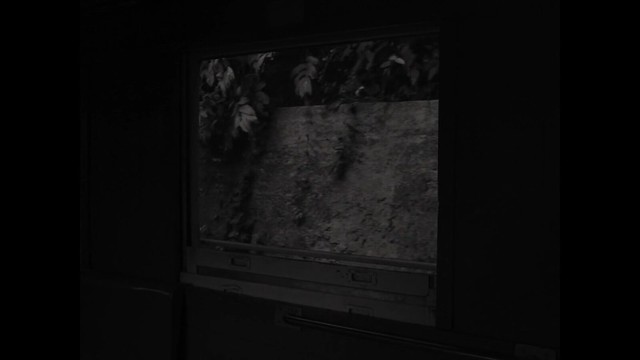
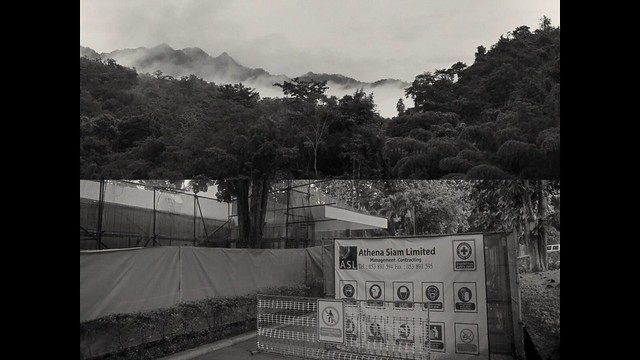
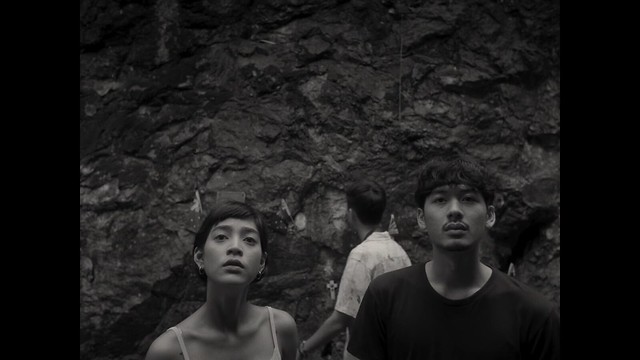
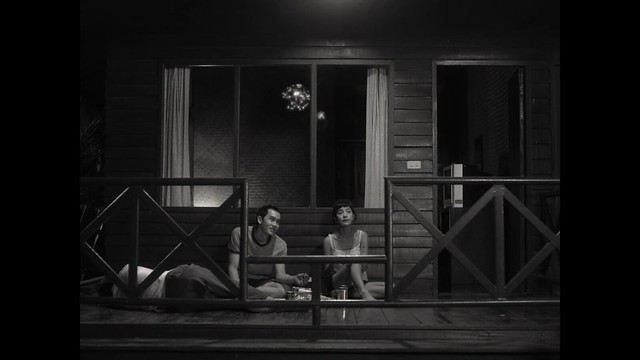


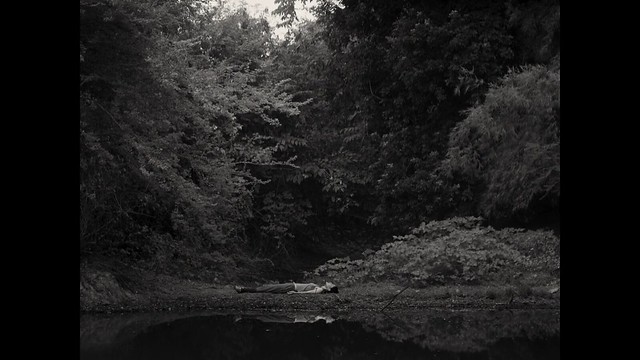

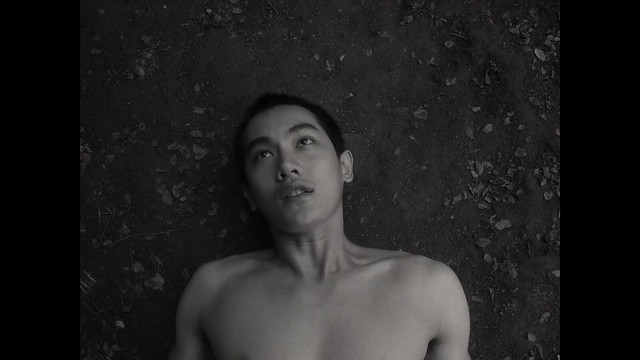

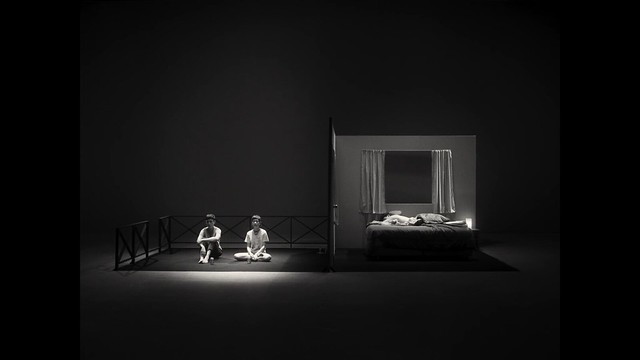 A group of young theater actors take a trip to Kanchanaburi, west of Thailand, where Death Railway, once a site for WWII atrocities where tens and thousands civilians and Allied POWs lost their lives in labor camps. But the museum is under renovation and closed. The group, consists of 3 boys and 1 girl, leisurely hangs out at the lake house, smoke weed, mimics animal noises and engage in mundane conversations.
A group of young theater actors take a trip to Kanchanaburi, west of Thailand, where Death Railway, once a site for WWII atrocities where tens and thousands civilians and Allied POWs lost their lives in labor camps. But the museum is under renovation and closed. The group, consists of 3 boys and 1 girl, leisurely hangs out at the lake house, smoke weed, mimics animal noises and engage in mundane conversations.



